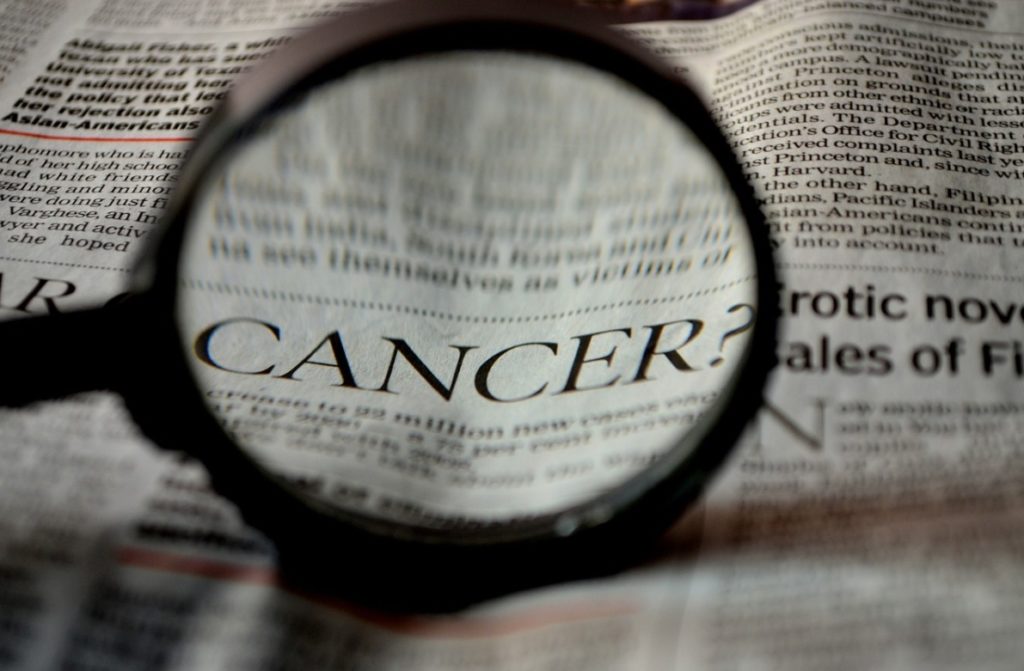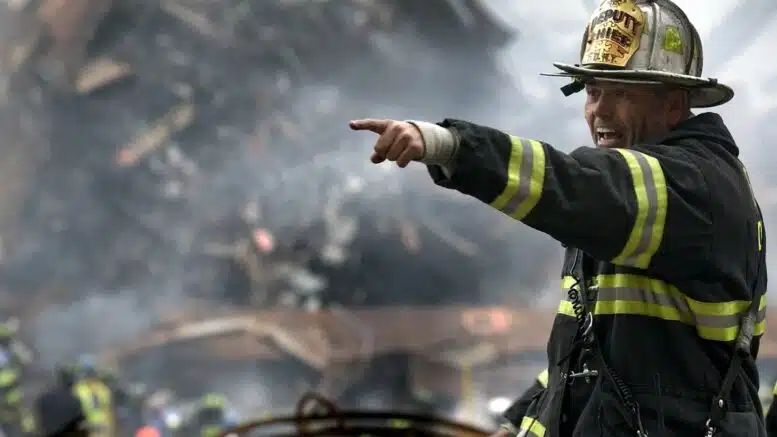Although more than two decades have passed since the 9/11 attack, the memories still haunt the victims. Even worse, countless victims, first responders, and residents continue to struggle with the dire health implications of the event. Besides the immediate injuries people suffered after the attack, the far-reaching impact persists decades later. People present at or near Ground Zero developed severe health problems and lost their lives.
The hazardous materials that blanketed Lower Manhattan during 9/11 and lingered for a year after the unfortunate incident are the reason for prevailing problems. Although the situation is daunting, the silver lining is that survivors can still claim compensation for their medical issues even as they surface decades later. But you must understand your health risks so that you can associate them with the attack and claim compensation accordingly. Here are the facts survivors of 9/11 must know.
Respiratory and digestive issues
Survivors and first responders exposed to toxic materials experienced several respiratory and digestive disorders almost immediately after the attacks. The most common ones that continue to affect survivors who resided, worked, attended school, or were visiting Lower Manhattan on a fateful day include-
- Gastroesophageal reflux disease (GERD) is a chronic digestive disease causing stomach acid to flow back into the food pipe. It irritates the lining of the esophagus and throat.
- Chronic rhinosinusitis is a respiratory condition with symptoms such as nasal congestion, facial pain or fullness, and post-nasal drip.
- Asthma causes breathing difficulties due to swelling in the airways and excessive mucus production.
- Chronic obstructive pulmonary disease (COPD) is severe lung damage that persists even after treatment and causes breathing issues.
- Sleep apnea is a sleep-related respiratory problem in which breathing may temporarily stop during sleep. Repeated episodes may cause sleep deprivation and insomnia. Patients struggle with behavioral issues like fatigue, irritability, and anxiety due to a lack of sleep.
Cancers
Another major risk survivors and responders continue to struggle with are various types of cancers. The dust plume caused by the collapse of the twin towers contained a toxic mix of carcinogenic materials such as cement, asbestos, organic material, and heavy metals. Although the dust at Ground Zero settled and clean-up operations concluded after a few weeks, hazardous toxins stayed over the years. People who breathed the toxins were at a significantly higher risk of developing cancer than others. Thankfully, the government set up 9/11 victims’ compensation fund to provide relief to victims grappling with deadly diseases, including cancer.

Leukemia is the most prevalent form of cancer among 9/1 survivors and first responders. Other high-risk categories include cancer of the prostate, thyroid, blood and lymphoid tissue, digestive system, respiratory system, urinary system, skin, breast, and ovaries. Medical professionals continue identifying new types of cancers linked to 9/11 toxic exposure. The challenging part is the disease has a latency period, so it may not have surfaced immediately after the exposure. As a survivor, you must understand your risk factor and link your diagnosis with the event to claim compensation.
Mental health issues
Many survivors and responders came across mental health conditions due to the trauma of the attack. Statistics indicate that post-traumatic stress disorder is the most common mental health effect of the event. The worst part is that PTSD has lingering symptoms that may last for years or even decades after the event. PTSD risk during the 9/11 attack was highest for people who-
- Sustained severe injuries in the attack
- Were trapped and evacuated late
- Witnessed terror during the incident such as victims jumping from buildings
- Lost a coworker
- Knew someone who died in the attack
Rescue and recovery workers who arrived at the scene first were most vulnerable to PTSD symptoms because they witnessed the horror for the longest time. Besides PTSD, 9/11 caused other dire mental health conditions, such as anxiety, depression, and substance abuse disorders. These issues are as severe as physical disease, so they require proper treatment and counseling therapy.
Although nothing is enough to alleviate the pain and suffering of the 9/11 survivors, the American government did its bit. They established a fund to compensate them for medical treatment to address the adverse health effects of being at or near Ground Zero. As a survivor, you must be aware of your rights so that you can claim them and get financial aid for the best treatment. Further, you must collaborate with a 9/11 specialist attorney to help you prove your eligibility and get the claim you deserve to get your life back on track.
